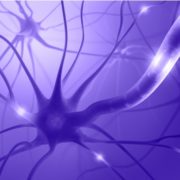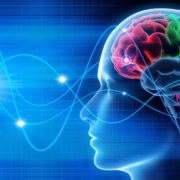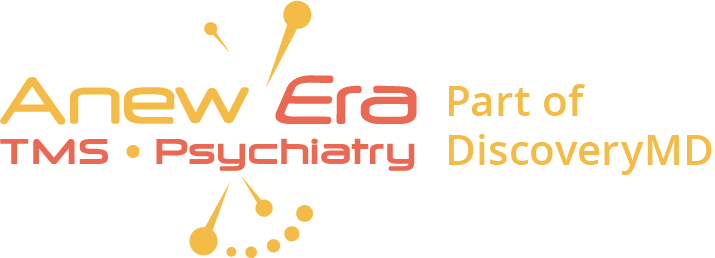Treatment Resistant Depression Options
Treatment Resistant Depression Options
Someone whose life has been hijacked by major depression would most likely give anything to simply feel joy again. People who struggle with persistent major depressive disorder (MDD) can literally spend months, even years, under that dark cloud. Those who seek treatment may willingly trial several different kinds of antidepressant medications in the hopes of finding relief, only to end up feeling dejected. Antidepressants do help many people with MDD, but, according to the results of the Sequenced Treatment Alternatives to Relieve Depression (STAR*D) study, up to 30% of patients are termed treatment resistant because the antidepressants did not help them.
In the event that standard treatment protocol is unsuccessful in relieving MDD symptoms, it is time to consider treatment resistant depression options. These alternative therapeutic interventions may offer hope to individuals who might otherwise have given up. Not all of the treatment resistant depression options summarized here will be appropriate for all cases of MDD, as certain restrictions or risks are present with each.
Transcranial Magnetic Simulation (TMS)
TMS is a type of neurostimulation that uses magnetic fields to help recalibrate brain chemistry. TMS is a safe, noninvasive therapy that delivers electromagnetic pulses via a coil placed on the patient’s scalp, usually over the left prefrontal cortex of the brain. This placement is strategic, as this limbic region is the mood center of the brain where emotions and executive functions are processed.
After a 4-6 week treatment period of receiving the 40-minute therapy sessions 5 days per week, the once sluggish brain cells in the limbic system become activated and result in improvements in general mood, cognitive functioning, energy level, and sleep quality. The treatment is provided on an outpatient basis, is well tolerated, and requires no sedation so patients can return to daily activities immediately. Side effects can include mild to moderate headache or scalp irritation.
Electroconvulsive Therapy (ECT)
ECT is also a brain stimulation treatment that involves using electrical currents that induce a seizure. ECT is conducted in a hospital setting under general anesthesia and is usually reserved for severe or life-threatening cases of depression. During ECT, the patient first takes muscle relaxants to help prevent sudden movements during the treatment that can result in broken bones or other injuries. Electrode pads are placed over the scalp, through which small electrical currents pass into the brain.
In most cases, the 5-10 minute ECT treatments are given two or three times per week for about four weeks. The seizures, which last about one minute, can stimulate brain cells, changing the brain chemistry and reducing the symptoms of severe depression. Because a general anesthetic is required, there are risks involved in ECT. Patients must remain in recovery at the hospital for a specified period, and are advised not to drive for at least 24 hours. Side effects can include memory loss, confusion, muscle ache, headache, nausea, or jaw pain.
Vagus Nerve Stimulation (VNS)
VNS involves stimulating the vagus nerve located in the neck. A small pacemaker-like device is implanted in the patient’s chest, with wires that run under the skin to the vagus nerve in the neck. When the device is activated, regular electrical pulses are delivered for about 30 minutes daily directly to the nerve. The impulses then impact how the nerve cell circuits send signals to the limbic region of the brain.
After about nine months of the use, this device may relieve the symptoms of depression. Because VNS requires surgery under general anesthesia to implant the device, the risks associated with sedation are present. Side effects of VNS include cough, shortness of breath, and temporary hoarseness.
Anew Era TMS & Psychiatry Offers TMS for Treatment Resistant Depression
When considering brain stimulation treatment resistant depression options, only TMS is noninvasive and requires no sedation, allowing patients to return to normal activities immediately following treatment. Anew Era TMS & Psychiatry is a leading provider of TMS for individuals who have not found relief of depression symptoms with antidepressant drug therapy. For more information about your treatment resistant depression options, contact Anew Era TMS & Psychiatry today at (888) 503-1549.











